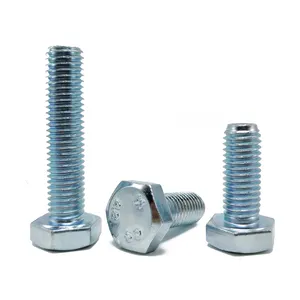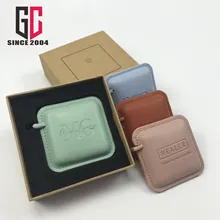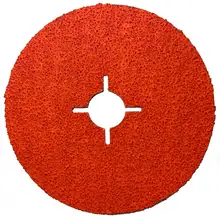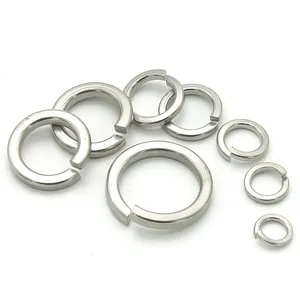Lock washers are intended to be tightened to a specific torque below a regular fastener. They exert spring tension, which prevents the fastener from vibrating loose. Usually, they're attached to the nut side of the fastener. There are several lock washers on Alibaba.com.
Types of lock washers
A split lock washer is the first type. It has a spiral split cut, creating a gap in the ring. When tightened, the washer exerts spring tension, creating a gripping force. A split washer has a helical split cut. This creates a gap in the ring. When tightened, the washer exerts spring tension, creating a gripping force. This type of washer is commonly used in general applications where moderate locking force is required. They are often used with standard hex nuts. The second type of lock washer is the toothed lock washer. This locker is also known as an external tooth lock washer. It has teeth or prongs on the outer circumference. The teeth bite into the surface to prevent rotation. An external tooth lock washer is suitable for applications where it's essential to prevent both the nut and the connected material from rotating. Often used in automotive and machinery.
A wedge lock washer, also known as a serrated washer, is popular. It has serrations along the inner surface that grip onto the fastener and the surface it contacts. This lock washer is used in high-vibration applications where resistance to loosening is crucial. Wedge lock washers are commonly found in heavy machinery and equipment. Lastly, there's the Nord-lock washer. It consists of a pair of washers that have interlocking teeth on one side. When one tightens the washer, the teeth grip the mating surfaces, which prevents rotation or loosening. It's used where extreme vibration or dynamic loads are present, such as in the automotive and aerospace industries.
Material used to make lock washers
Lock washers come in several materials, each with its pros and cons. The most common one is stainless steel. These lock washers are durable and are not easily corroded. This makes them perfect in applications where resistance to rust and corrosion is paramount, such as marine environments. The other common material is brass. Like steel, they're also rust and corrosion-resistant. But what makes them more popular is their aesthetic appeal. This makes them usable where aesthetics are important. It's important to note that while brass is durable, it's not suitable for high-stress applications since it's soft.
Aluminum lock washers are lightweight and corrosion-resistant. They are commonly used in applications where reducing weight is a priority, such as in aerospace industries. However, like brass, aluminum is softer than steel, so it may not be suitable for heavy-duty applications. Bronze lock washers offer good corrosion resistance and are often used in marine and chemical environments. They are known for their durability and ability to withstand harsh conditions.
Nylon lock washers are non-metallic and are often used in electrical or non-conductive applications where preventing electrical conductivity is essential. They are also resistant to corrosion and can be used in environments where exposure to moisture is a concern. Then lastly are the rubber lock washers. They are non-metallic and are used in applications where vibration, damping, and insulation are important. Rubber lock washers are often used in electrical or electronic equipment to prevent damage caused by vibrations.










































 浙公网安备 33010002000092号
浙公网安备 33010002000092号 浙B2-20120091-4
浙B2-20120091-4